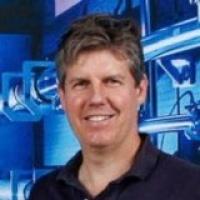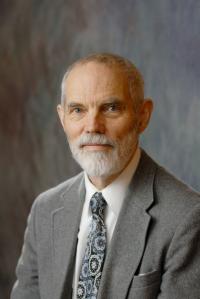
Batteries are ubiquitous. However, today’s batteries are expensive, range-limited, power-restricted, die too quickly, charge too slowly, and susceptible to safety issues. For this reason, model-based battery management systems are of extreme interest. In this talk, we discuss eCAL’s recent research on electrochemical-thermal battery models, optimal experiment design for parameter identification, and fault diagnostics. Finally, we close with exciting new perspectives for next-generation battery systems.
Scott Moura is an Assistant Professor at the University of California, Berkeley in Civil & Environmental Engineering. He is also Director of eCAL, Faculty Scientist at Lawrence Berkeley National Laboratory, and PI at the Tsinghua-Berkeley Shenzhen Institute. He received the Ph.D. degree from the University of Michigan in 2011, the M.S. degree from the University of Michigan in 2008, and the B.S. degree from the UC Berkeley, in 2006 - all in Mechanical Engineering. He was a postdoctoral scholar at UC San Diego in the Cymer Center for Control Systems and Dynamics, and a visiting researcher in the Centre Automatique et Systèmes at MINES ParisTech in Paris, France. He is a recipient of the O. Hugo Shuck Best Paper Award, Carol D. Soc Distinguished Graduate Student






